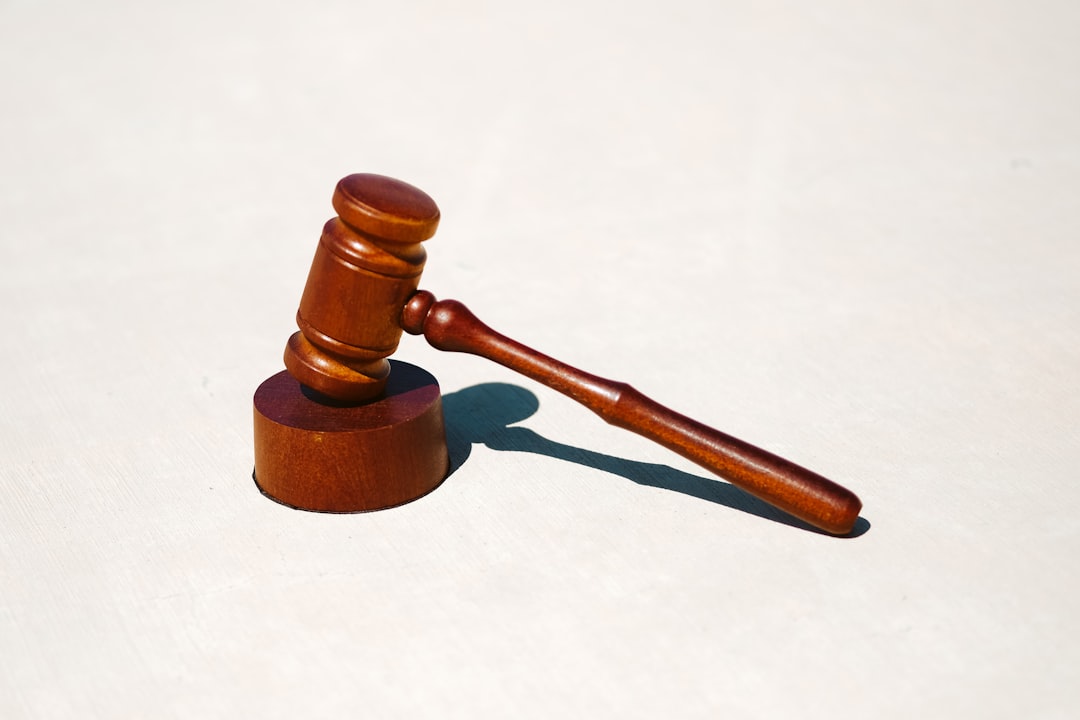West Virginia residents enjoy robust protections under debt collection laws. Key rules include prohibiting abusive tactics, excessive fees, and false statements by collectors, while debtors have the right to dispute debts and request validation. Protect yourself by knowing that collection calls must not occur before 8:00 a.m. or after 9:00 p.m., except in emergencies, and avoid unnecessary contact with law firms. If rights are violated, file a complaint with the West Virginia Attorney General's office. Debts can be disputed within 30 days of notice, requiring direct communication with collectors, written disputes, and documentation. Choose licensed, reputable collection agencies adhering to ethical standards and transparent communication to ensure fairness and legal compliance.
Navigating debt collection can be daunting for West Virginia residents, but understanding your rights is essential. This guide provides a comprehensive overview of debt collection guidelines specific to West Virginia. Learn about your legal protections and how to exercise them, including challenging debt validity and choosing reputable collectors. Discover effective communication strategies to assert your rights without resorting to Do Not Call law firms. By following these steps, you can navigate the process with confidence and maintain control.
Understanding West Virginia Debt Collection Laws

West Virginia residents, like all Americans, have protections under debt collection laws. These regulations are designed to ensure fairness and transparency in the process of recovering debts. It’s crucial to understand your rights under these laws, especially when dealing with creditors or collection agencies. One important point to remember is that businesses collecting debts on behalf of others, often referred to as debt collectors, must adhere to specific rules, including refraining from calling law firms in West Virginia for debt-related issues.
The West Virginia Debt Collection Act outlines the do’s and don’ts for these collection practices. It prohibits abusive or harassing tactics, demands for excessive fees, and false or misleading statements. This act also grants debtors the right to dispute the debt and requests for validation from the creditor. Knowing your rights and understanding these laws is essential when dealing with potential debt collectors in West Virginia.
Your Rights as a West Virginia Resident

As a resident of West Virginia, you have specific rights when it comes to debt collection practices. One of the most significant protections is the state’s law prohibiting debt collectors from making phone calls to your home after 9:00 p.m. or before 8:00 a.m., except in cases of an emergency. This ensures that your peaceful enjoyment of your residence isn’t disturbed by relentless calls.
Additionally, West Virginia law restricts debt collectors from using threatening, abusive, or harassing language, and they must provide validation of the debt when requested. If you feel your rights have been violated, including unwanted calls from law firms in West Virginia, you can file a complaint with the West Virginia Attorney General’s office. They are dedicated to protecting consumers and ensuring fair business practices within the state.
When and How to Challenge Debt Validity

In West Virginia, consumers have rights when it comes to debt collection practices. One significant right is the ability to challenge the validity of a debt if they believe it is inaccurate or incorrect. This process is crucial for residents to protect themselves from unfair or inaccurate claims made by debt collectors. According to state laws, you have 30 days to dispute a debt after receiving a collection notice. During this period, you should contact the collector and provide written notice of your dispute. Clearly state specific reasons why you believe the debt is invalid or inaccurate.
When challenging a debt, it’s recommended to gather all relevant documentation, such as proof of payment, contracts, or any records that support your position. Avoid direct communication with law firms, as West Virginia residents are protected from being contacted by attorneys for debt collection purposes unless certain legal criteria are met. Instead, directly engage with the debt collector and maintain a record of all communications. This process empowers consumers to ensure transparency and fairness in the debt collection process.
Choosing the Right Debt Collector

When considering debt collection options in West Virginia, it’s crucial to understand your rights and the legal framework surrounding the process. One critical aspect is selecting the appropriate debt collector. Avoid firms that claim to represent law offices, as “Do Not Call Law Firms” regulations protect residents from such practices. Look for reputable collection agencies licensed by the state of West Virginia.
These agencies should adhere to ethical standards and transparent communication. Reputable collectors will provide you with information about your rights, the amount owed, and the payment options available. They will also maintain accurate records of interactions, ensuring a fair and legal debt collection process. Always review their terms and conditions before engaging their services.
Effective Communication Strategies with Collectors

When dealing with debt collectors in West Virginia, effective communication is key for residents to protect their rights. First and foremost, remember that collectors cannot contact you at unusual times or harass you. According to West Virginia laws, collectors must refrain from calling law firms unless they have specific legal reasons, such as representing a creditor in a lawsuit.
To ensure smooth interactions, keep records of all communications, including dates, times, and the content of conversations. Use this documentation to clarify any misunderstandings and assert your rights. Additionally, remain calm and polite during interactions, even if you disagree with the collector’s claims. Clear communication can help resolve issues promptly without escalating tensions.






